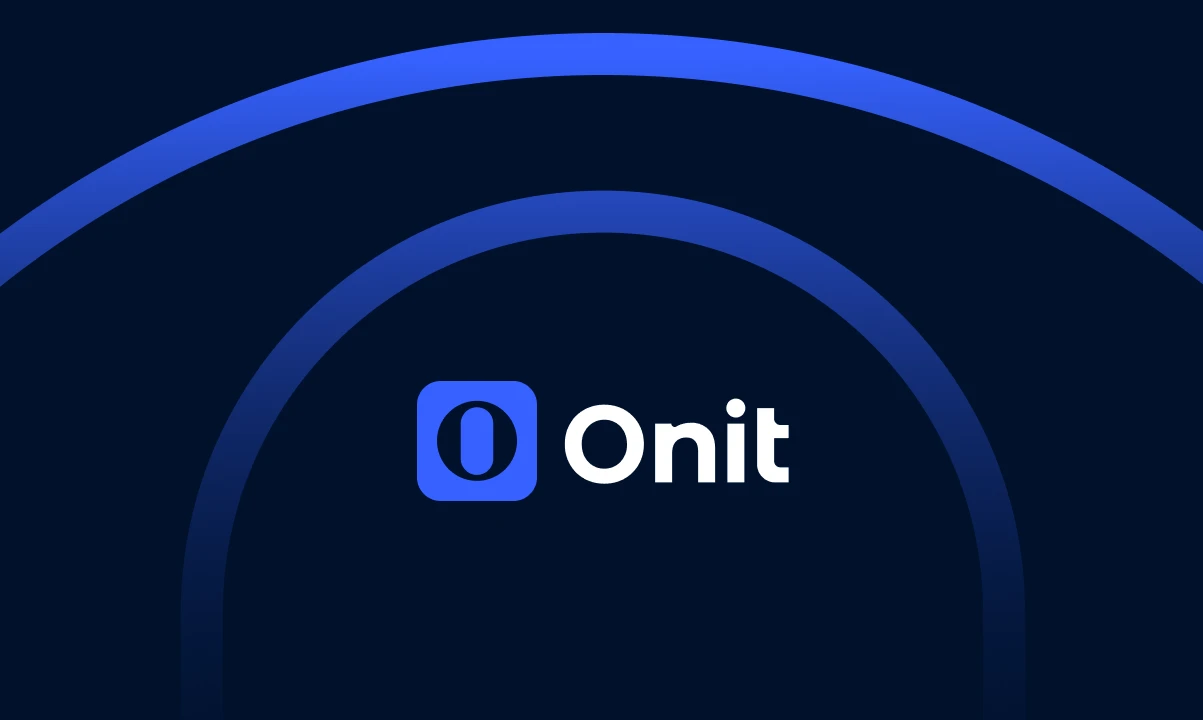In the dynamic world of business, legacy contracts are like hidden treasures that hold immense potential for any organization. These vital documents, scattered across different online repositories, hard drives, or even in their physical form in drawers or folders – contain a wealth of information waiting to be unlocked. By properly migrating, organizing, and analyzing these legacy contracts through a Contract Lifecycle Management (CLM) system, businesses can empower their employees to work smarter, better, and faster than ever before.
Here’s why importing your legacy contracts into a CLM system is crucial for empowering your workforce:
1. Unlocking insights for smart decisions
There’s gold in your legacy data. Legacy contracts hold a treasure trove of data that can provide invaluable insights to propel your business forward. With enhanced visibility into legacy data, your company gains a deeper understanding of what strategies are effective and what needs improvement. From understanding business relationships with suppliers, customers, and partners to deciphering financial terms, legal obligations, service level agreements, intellectual property rights, and termination clauses, your team can make timely and informed decisions with newfound clarity.
2. Eliminating “contract leakage.”
Imagine your organization invested in a piece of software a few years ago – a sales database or a procurement tool, for example – that you’re no longer using and are now ready to eliminate. It happens all the time! But, because the signed legacy contract is buried on a hard drive somewhere, no one was alerted that the renewal date has passed, and the company is now stuck with a significant and unnecessary expense. By importing legacy contracts into a CLM system, you can appreciably reduce harmful “contract leakage,” optimize resource allocation, and positively impact your bottom line.
3. Reducing risk exposure and ensuring contract compliance.
Organizations that fail to successfully import their legacy contracts face tremendous risk. Vital clauses, payment escalations, or other critical language hidden within these contracts can negatively impact your finances and reputation. By successfully importing legacy contracts, your team can proactively mitigate risks and ensure strict compliance with contractual obligations.
4. Adapting to changing regulations.
In the fast-moving, rapidly changing worlds of business and politics, seismic regulatory changes across countries and governments are constantly happening. These shifts can have a profound impact on legacy contracts. By migrating your contracts to a CLM system, you can stay updated on regulatory changes and make necessary adjustments to safeguard your interests.
5. Enhancing customer experience.
Efficiently managing legacy contracts results in better customer service. A streamlined contract process with users having instant access to key information ensures smoother customer interactions at every touchpoint. A centralized repository — delivering on-the-spot insights — empowers your team to cater to customer needs promptly, boosting customer satisfaction and relationships.
6. Strengthening security.
Ensuring the security of sensitive contracts is paramount. The scattered distribution of sensitive contracts across multiple platforms — a SharePoint or Google Drive here, a personal hard drive there — significantly increases the risk of nefarious actors gaining access to crucial data. Consolidating these documents within a secure CLM system provides an added layer of protection, shielding your data from unauthorized access and reassuring your employees, customers, and business partners about data security.
7. Creating streamlined workflows.
Importing your legacy contracts to your CLM system fosters and cements efficient workflows. With all historic and future contract information centralized in a CLM system, empowered employees benefit from increased efficiencies, reduced frustrations, and the ability to focus on core tasks, enabling them to work smarter and faster.
So, what holds organizations back from successfully importing these contracts — and how can you find that perfect fit for your organization?
Learn more in our new eBook, Buried Treasure: Why Legacy Contract Migration is Essential for Your Business — and How the Right CLM System Unlocks its Potential.




